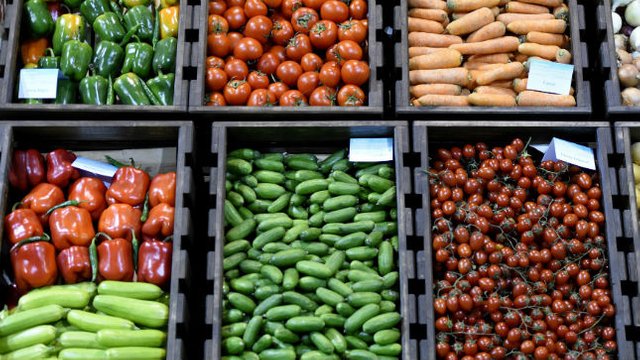
Austin restaurants can no longer throw away food (policy).
Food waste is mostly considered inevitable in the restaurant industry, but that’s no longer the case in Austin, Texas. Starting today, the City Of Austin requires restaurants to donate or compost all organic material, which includes everything from dirty paper towels to leftover meals. KTXS reports it’s part of Austin’s Universal Recycling Ordinance, which goes into effect October 1. The aims to reach “zero waste” by 2020.
The ordinance also requires grocery stores, bars, and farmer’s markets to comply with the same no-landfill policy; KVUE reports 85 percent of Austin’s trash and recycling comes from commercial, multi-family, and food-service properties. The city gradually phased in these “organic diversion requirements,” but Oct. 1, 2018, is the day by which all businesses must comply. The ordinance requires signs, employee training, as well as annual reporting from each food-service business that states they are in compliance.
The city says using excess food to feed hungry people is the preferred option for “organic diversion,” and lists resources for restaurants that want to donate their excess food to soup kitchens or pantries. (“Worried about your liability?Don’t be!” the website states. “The Good Samaritan Food Donation Act encourages companies and organizations to donate healthy food that would otherwise go to waste by protecting them from criminal and civil liability.”)
I see this in action every week at the local food bank where I volunteer; we’re able to provide frozen, single-serving meals to people made up of excess food donated from restaurants and grocery stores. Some days, that’s lasagna from a grocery store’s hot bar, or extra soup du jour that a café didn’t use. For people with limited cooking abilities, these microwave-and-done meals are especially in demand.
No doubt there will be some logistical speed bumps ahead as restaurants and grocery stores adjust to the new requirements, but businesses will get a little help in the form of tax incentives. If they don’t comply, businesses face up to a $2,000 fine each day.














This should be the law of the land everywhere